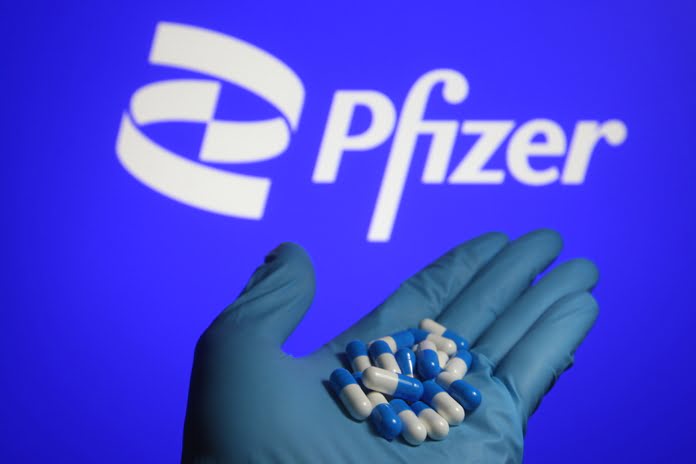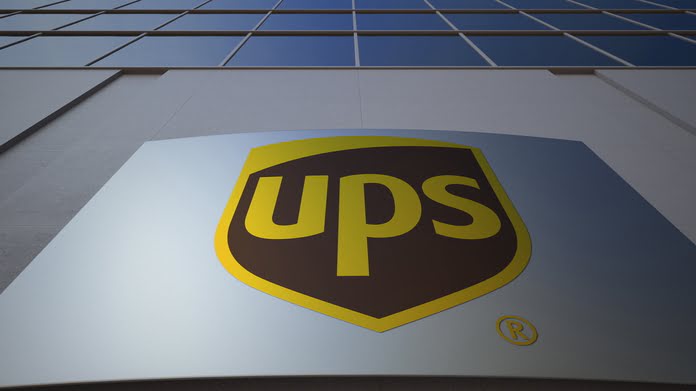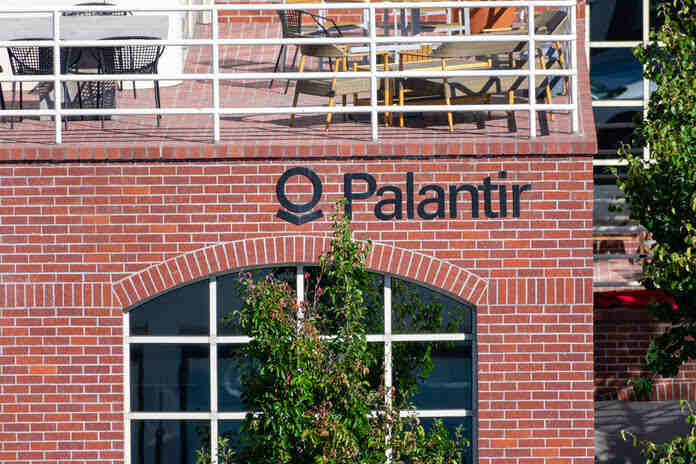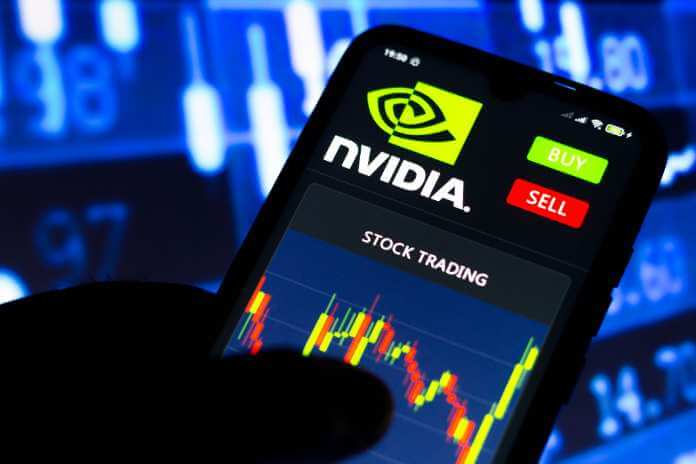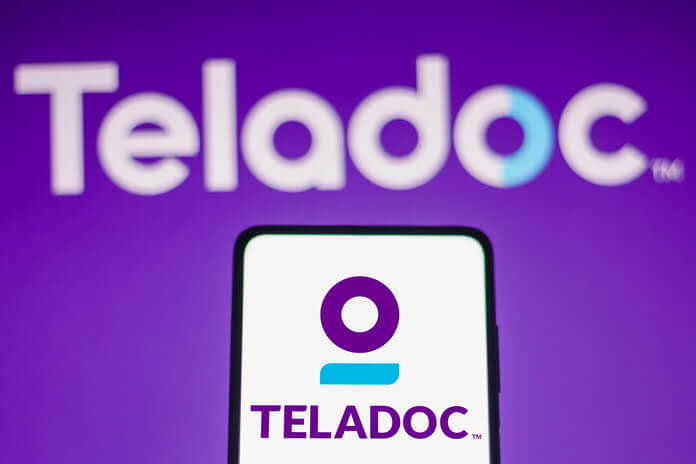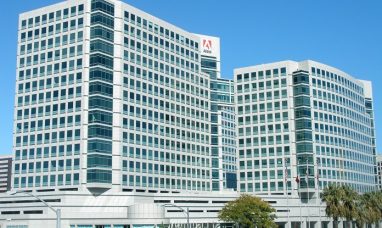Pfizer Stock (NYSE:PFE)
According to a story published by The Wall Street Journal late on Sunday night, the multinational pharmaceutical corporation Pfizer (NYSE:PFE) is reportedly in discussions to acquire the cancer-focused biotechnology company Seagen (NASDAQ:SGEN) in a deal that could be worth more than $30 billion.
This marks the second time around for Seagen (NASDAQ:SGEN), which, according to reporting from the Journal at the time, was in discussions with Merck (NYSE:MRK) over the summer of last year. According to Bloomberg, the companies involved were unable to come to an agreement on the purchase price, which led to the termination of the transaction.
Pfizer’s Acquisition of Seagen
Pfizer (NYSE:PFE) will now have their chance to speak. In the premarket trading session, shares of Seagen (NASDAQ:SGEN) rose by 13.2%. As of last Friday, the market valuation of the company was $30.1 billion; for Pfizer to acquire the company, it would likely require them to pay a premium to that price. The Pfizer stock was trading 1.4% lower before the market opened.
Pfizer, which is continuing to build up its portfolio and late-stage pipeline as it prepares for a number of its top-selling drugs to go off-patent toward the end of the decade, could stand to benefit greatly from the agreement. Pfizer is doing this as it prepares for a number of its top-selling drugs to go off-patent toward the end of the decade. Yet, it is by no means a done deal, and based on events that have occurred in recent times, investors shouldn’t place too much weight on the likelihood that it will be finalized.
According to a story in the Journal, the preliminary stages of the discussions have just begun. Pfizer did not provide a response to the piece published in the Journal, citing the fact that it is against the company’s policy to “comment on market rumors or conjecture.” Early on Monday, Seagen did not immediately provide a response when a request for comment was made.
Antibody-drug conjugates, sometimes known as ADCs for short, are a type of cancer treatment that Seagen specializes in developing. These medicines combine monoclonal antibodies with small-molecule pharmaceuticals. ADCs first target the cancer cells with their monoclonal antibodies, and then employ their small chemicals to kill the cancer cells they have targeted.
According to FactSet, analysts anticipate that revenue from a Seagen ADC named Padcev, which received first approval from the Food and Drug Administration in 2019, would climb to $2.4 billion in 2027. Last year, Padcev generated $451 million in revenue. The FDA is now reviewing an application submitted by Seagen for approval of Padcev in combination with Keytruda manufactured by Merck as a treatment for bladder cancer. In addition, a number of active studies are examining the effectiveness of the medicine.
One analyst believes that the possibility of the Federal Trade Commission scrutinizing a Pfizer acquisition of Seagen is lower than the possibility that the FTC would have scrutinized a Merck acquisition. This is a pressing concern in light of the increased attention paid by the FTC to healthcare deals.
In a note that was published early on Monday morning, Truist analyst Asthika Goonewardene stated that whereas Pfizer has been less involved in the development of its own ADCs than Merck has been, this leaves less room for the FTC to raise antitrust concerns. According to what Goonewardene noted, “we do not think the FTC would come down as heavily on PFE-SGEN as they probably would have with MRK-SGEN.”
Nonetheless, there are also additional factors that contribute to uncertainty. After former CEO Clay Siegall resigned in May of this year, Seagen made the decision to recruit David Epstein as its new chief executive officer in November.
According to what Hsieh of William Blair wrote, “We would be shocked by a decision to sell the company,” unless the deal transacts at or above the previously rumored price of $40 billion.
Pfizer, which is sitting on a substantial war chest as a result of the sales of its Covid-19 vaccine and therapeutic products, has made a string of deals in recent months, including the acquisition of Biohaven Pharmaceuticals for $11.6 billion, which sold a blockbuster migraine drug, and the acquisition of Global Blood Therapeutics for $5.4 billion, which developed treatments for rare hematological conditions. Pfizer is sitting on a substantial war chest as a result of the sales of its Covid-19 vaccine
A transaction with Seagen would be Pfizer’s most significant acquisition since the company spent $68 billion in 2009 to purchase the pharmaceutical manufacturer Wyeth.
When asked about the company’s strategy regarding mergers and acquisitions (M&A), Pfizer Chief Financial Officer David Denton responded in an interview with Barron’s at the end of January by saying, “We’re actually quite size-agnostic.” “What we’re trying to make sure of is that we acquire the greatest science into our portfolio,” which “fits the demands of supporting the Pfizer objectives of both expansion, and taking advantage of many of the skills we currently have in the house,”
Pfizer has stated that it intends to add $25 billion in yearly revenue by the year 2030 from business development transactions in order to minimize the estimated $17 billion impact that will be had on the company’s annual income from pharmaceuticals whose patents will expire. Pfizer believes that the business’s purchases in 2022 moved the company 40 percent closer to its goal of $25 billion.
Featured Image: Megapixl © Viewimage









